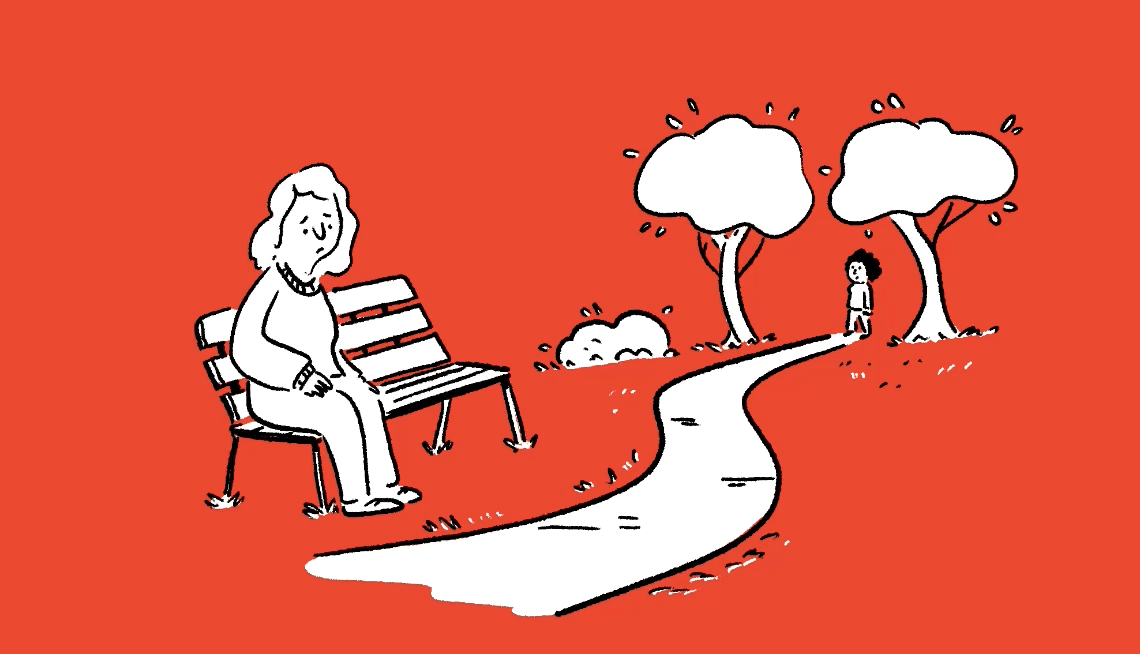AARP Hearing Center


My husband passed away, and I miss the companionship. Do you have any ideas for combating loneliness?
I’m sorry for your loss and appreciate that you are sharing your situation with us. I know a lot of people going through exactly the question you asked. It’s such a common condition that the U.S. Surgeon General, Vivek Murthy, called loneliness a public health crisis. In a national survey, one in three people said they experience loneliness every week. This sense of solitude can hurt our mental and physical health. I’ve seen firsthand how my patients who feel isolated can age and become disabled faster.
For older people who may have spent a lifetime with their spouse, no matter how expected the death, being on your own can feel devastating. Not only do you change your identity from a partner to a single person, at the same time, your social life is likely to diminish.
I tell my older patients, “You need to acknowledge this is going to happen and prepare for it.” I recommend that they have a social network in place, whether that includes family, friends and neighbors, or members of their house of worship or community center. These can provide both support and comfort. This way, when your loved one is no longer with you, there are people who know what’s going on.


Ask Dr. Adam
Adam B. Rosenbluth, M.D., is an internist and cardiologist in New York City. Each Monday, he’ll weigh in on your questions about how to make your body work better for you. His AARP book will be published in 2027. Join in on the conversation on social media @dradamrosenbluth to learn to move the needle on your personal health in an achievable way.
After my dad died, I reminded my mom that her husband would have wanted her to be happy and out in the world again. Still, I saw how easily loneliness took hold of her after he passed. I also witnessed the positive steps she took, with the help of her family, to ease her isolation. I’d like to share some of them with you, and I hope it helps.
Ways to Connect
Check out AARP’s Create the Good website for volunteer opportunities. There are also Ethel Gathering Groups, an offshoot of the Ethel Circle Facebook group, where mature women meet in person to share insights, get advice and build relationships. Find out if there is one near you here.
Getting an exercise routine in place was one of the best things my mom did. Not only did it help her feel optimistic by releasing feel-good endorphins, she got a chance to communicate with other people on a regular basis and feel good about her physical accomplishments. A lot of my widowed patients tell me they make new friends at the gym or while they’re playing pickleball. An added perk is that exercising gives you a reason to get out the door. Of course, it’s also good for your physical health.




































































You Might Also Like
Medical Breakthroughs That Could Impact Aging
Advances that aim to keep us healthier, longerMy Grandkids Don't Thank Me for Gifts. What Should I Do?
One doting grandparent's struggle — and our new money etiquette columnist's advice
25 Great Ways to Step Outside Your Comfort Zone
Push past complacency by trying things you’ve never done before